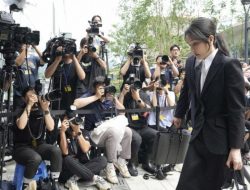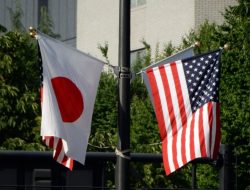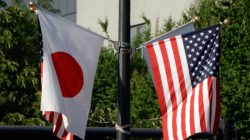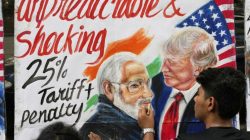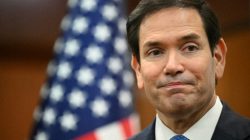Trump tariffs Brazil goods at 50%, citing what he called a political “witch hunt” against former President Jair Bolsonaro. The announcement, made Wednesday, directly connects U.S. trade penalties to the ongoing trial of Bolsonaro.
President Donald Trump broke with his typical economic justifications. Instead, he tied the tariff hike to Brazil’s treatment of Bolsonaro, a political ally. Trump posted the announcement on Truth Social and addressed it to Brazilian President Luiz Inácio Lula da Silva.
“This trial should not be taking place. It is a witch hunt that should end immediately,” Trump wrote.
Tariffs Rooted in Politics, Not Economics
Trump’s letter makes clear the tariff decision was personal. Bolsonaro faces charges for trying to overturn his 2022 election loss. Trump, who faces similar accusations in the U.S., defended his ally. He previously hosted Bolsonaro at Mar-a-Lago in 2020.
Saeed Ohadi, Iran’s Veterans Affairs chief, estimates the final death toll from recent violence could reach 1,100. Meanwhile, Human Rights Activists reported a higher number—1,190—with over 4,000 wounded.
Vice President Geraldo Alckmin of Brazil said the U.S. had no valid reason to increase tariffs. “President Lula was jailed for almost two years. No one questioned the judiciary then. This is a matter for our judicial system,” he stated.
U.S. Launches Trade Investigation
In the same letter, Trump condemned Brazil’s Supreme Court for fining social media platforms. He claimed the temporary blocking of sites was an act of censorship. As a result, he launched an investigation under Section 301 of the Trade Act of 1974.
That provision allows the U.S. to penalize countries with trade practices considered unfair. One of the platforms fined by Brazil was X (formerly Twitter), owned by Elon Musk—a Trump supporter and former U.S. government advisor.
Brazilian Officials and Lawmakers React
Lawmakers loyal to President Lula called Trump’s actions politically motivated. They blamed Bolsonaro and his sons—Eduardo and Flavio—for provoking the tariffs. “Every justification to retaliate against Brazil is political,” said Senator Lindbergh Farias.
The tariffs are set to take effect on August 1. This rate is five times higher than the 10% Trump imposed on April 2. Brazil exports oil, orange juice, iron, steel, and coffee to the U.S. Despite Trump’s reasoning, the U.S. actually runs a $6.8 billion trade surplus with Brazil.
Tariffs Spread to Smaller Nations
In addition to Brazil, Trump issued new tariff letters to seven other nations: the Philippines, Brunei, Moldova, Algeria, Libya, Iraq, and Sri Lanka. None of them are major trade rivals. These tariffs range from 20% to 30% and also take effect on August 1.
Although Trump cited “trade imbalances” and “common sense,” most economists argue that such tariffs worsen inflation and slow growth. Still, Trump insists the measures will boost domestic manufacturing and reduce deficits.
No Extensions, More Threats Possible
Countries affected have until August 1 to negotiate. Trump said there will be no extensions. He also warned that any attempt to retaliate will result in even higher tariffs.
During a White House event with African leaders, Trump emphasized trade as a tool of diplomacy. “You guys are going to fight, we’re not going to trade,” he told them, framing tariffs as leverage in global negotiations.

